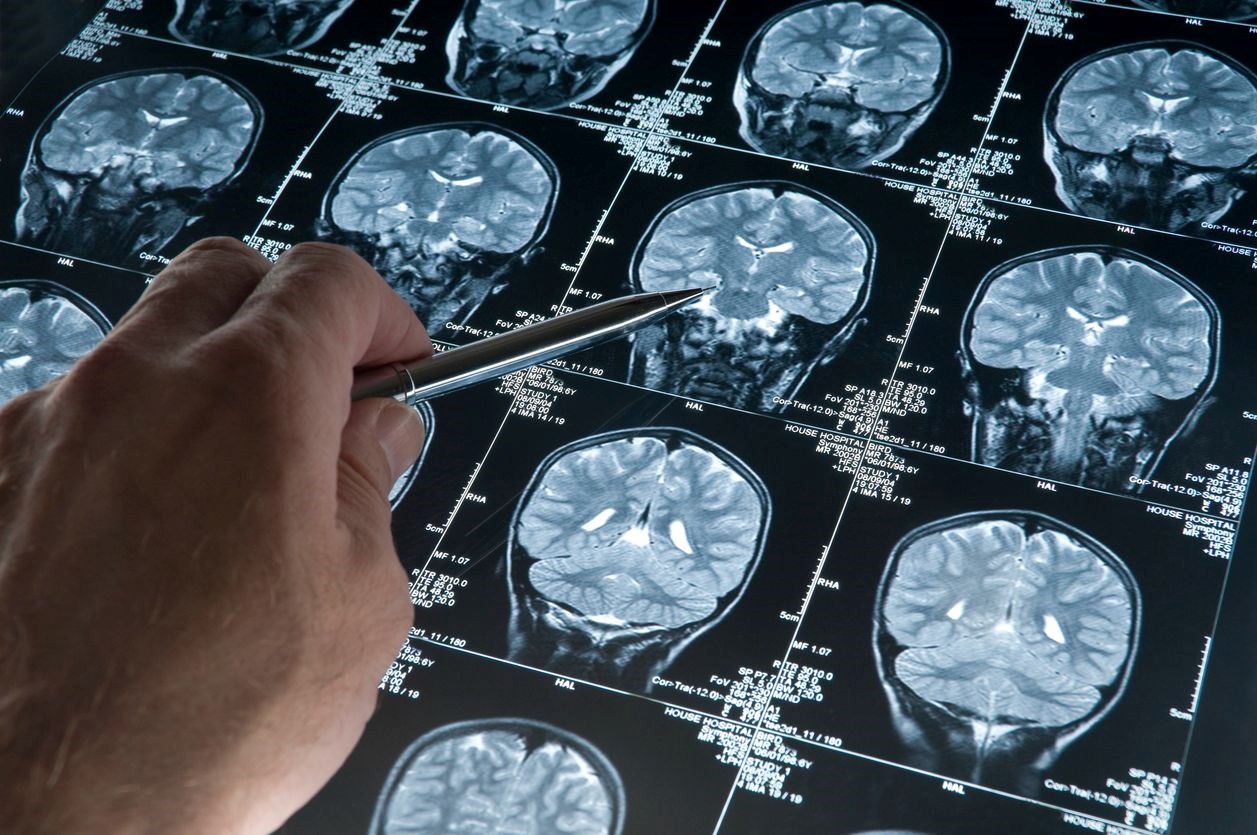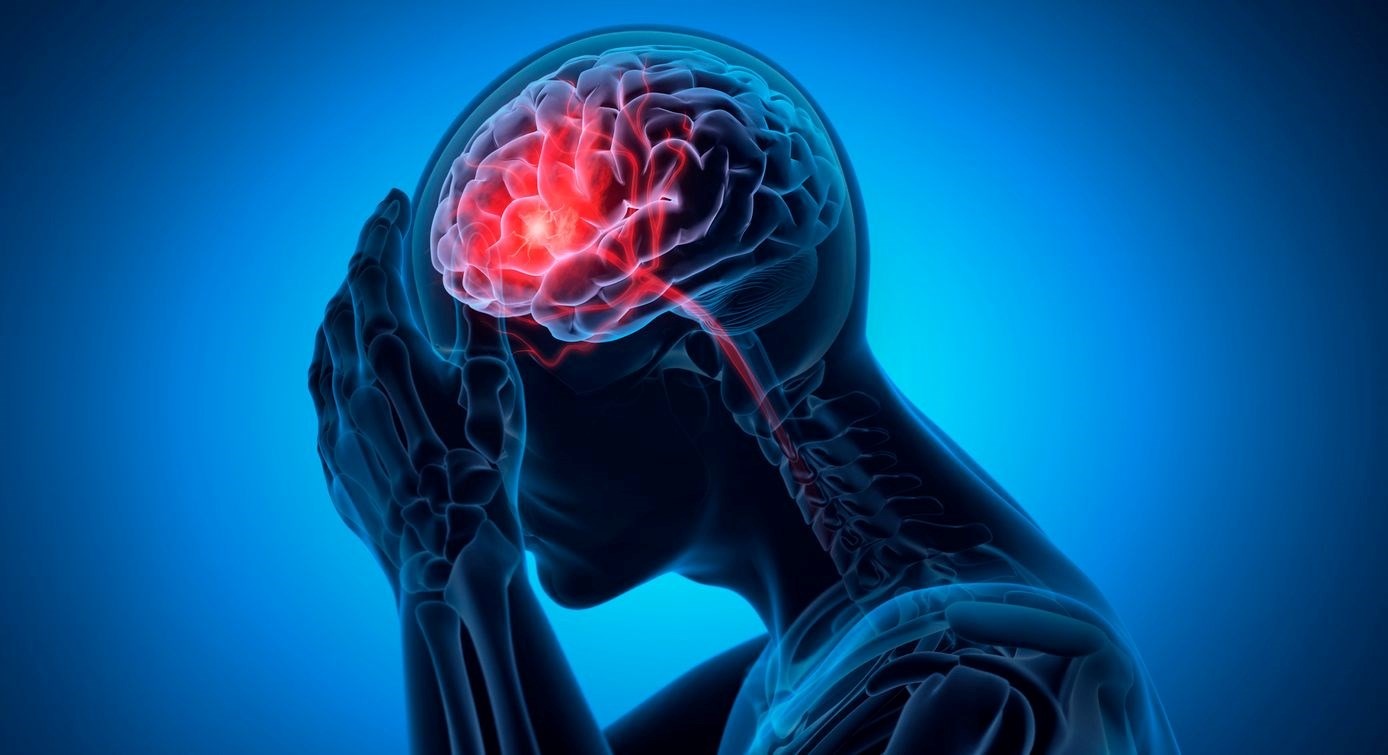You need to care about your sleep pattern for a healthy body and brain. A study conducted by American scientists has revealed that poor sleep quality can cause the brain to age rapidly.









You need to care about your sleep pattern for a healthy body and brain. A study conducted by American scientists has revealed that poor sleep quality can cause the brain to age rapidly.






